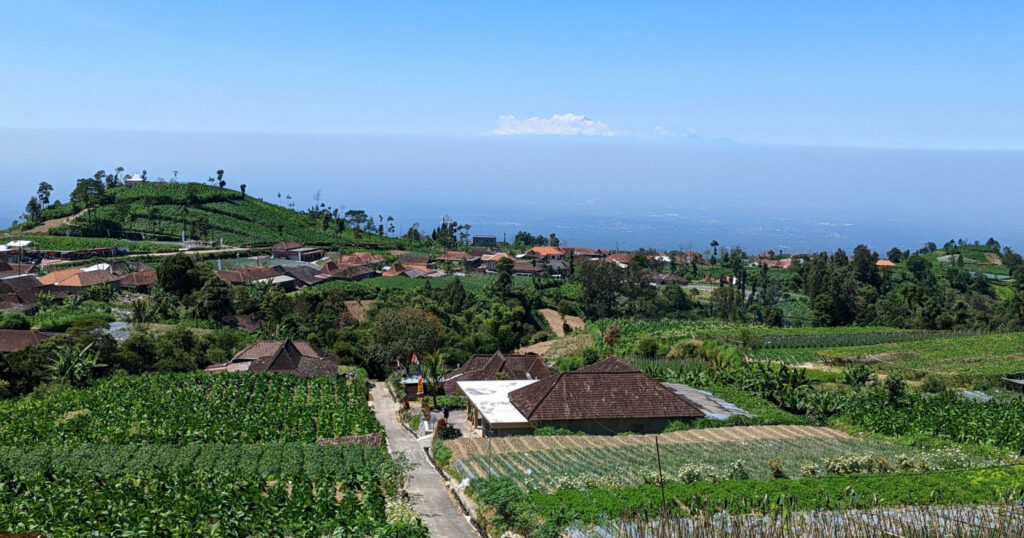
The food industry is one of the largest industries, and it plays an important role in the world economy. However, with the surge in demand and competition, food manufacturers must keep up with changing times, which means exploring new efficient ways to increase productivity and reduce costs. Automation is one solution that can achieve these goals.
Technopak offers cutting-edge solutions in the packaging industry, including a state-of-the-art horizontal FFS machine designed to streamline your production process and enhance efficiency.
Production automation in the food industry presents a great opportunity for manufacturers who desire to streamline their operations and stay competitive. Automation enables manufacturers to keep up with an increased demand while reducing labour costs, improving food safety, and increasing output. With automation, manufacturers can run larger batches, achieve consistent quality with little or no human intervention, and also save time. If you are interested, take a look at Selo!
The food industry has been one of the earliest adopters of automation to increase productivity. Automation can be applied at different stages of the production process, including food processing, packaging, warehousing and storage. Automated systems can cut the processing time and reduce the need for manual labour, which not only saves money but also minimizes errors and increases yield. Advanced automation solutions can be used to monitor equipment performance and product quality to ensure that the products are of high quality, free from contamination and meet regulatory requirements.
In addition to advanced machinery, maintaining hygiene in production areas is critical; this is where tools like commercial boot washers come into play, ensuring that workers maintain cleanliness standards as they move in and out of production areas.
When looking to implement automation in the food industry, it is essential to consider the type of automation that best suits your company’s needs. Some solutions available include robotics, conveyors, processing software, and machine vision. Robotics can be used in packaging, palletizing, and warehousing to enhance efficiency. Conveyor systems are widely used in food processing and assembly lines to improve speed and consistency. Processing software can be used in areas such as recipe management, inventory control, and lot traceability, while machine vision can be used for quality control purposes.
Understanding the risks and challenges of implementing automation is also essential. The food industry is highly regulated, and there are a lot of standards and government regulations manufacturers must adhere to. Therefore, before implementing an automated system, it is necessary to conduct a risk analysis and ensure that the system is designed to meet the required standards. It is also advisable to train workers on how to use the systems and monitor the production process closely to prevent issues that may arise due to automation.
You may also like:- Top Key Features of Snaptik You Need To Know
- The Importance Of Having Proper Hearing Aids
- Impact of Energy Efficiency on Solar Power Systems Calculations
- Maxim Krippa bought the first gold medal of the CS: GO team
- Why Your Business Needs Immutable Storage: An Explanation
- Comparing NFS and iSCSI: Key Differences Explained
- Search the Best Apparel Suppliers for Wholesale Clothes Suppliers
- Salon Equipment Spotlight: Hydrafacial Machines
- From Concept to Reality: Steps for Successfully Launching Your Restaurant
- Maximizing Efficiency with Proxies for Google Scraping








